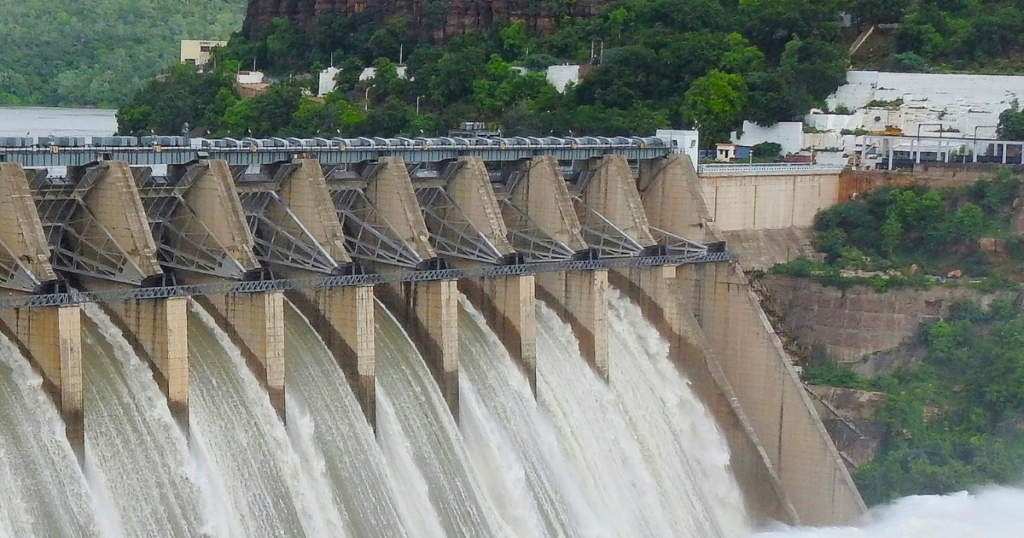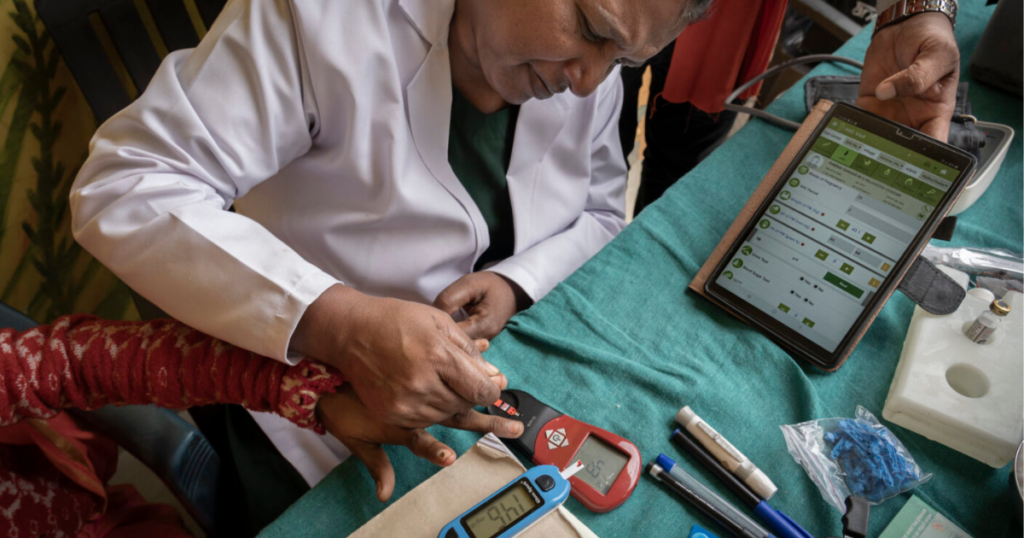Livestock activities play a crucial role, contributing 40% to the global agricultural GDP and holding immense significance in bolstering farmers’ income, facilitating global exports, and ensuring food security. They also contribute to improved nutrition by serving as a reliable source of essential nutrients and protein. However, despite their substantial contribution to economic growth, livestock activities have been identified as a major source of negative climate impact, accounting for nearly 50% of greenhouse gas emissions in agriculture. These emissions, encompassing CO2, methane, and N2O, arise primarily from feed production, enteric fermentation, and inadequate manure management.
Farmers in the livestock sector face challenges in adopting climate-smart practices due to factors such as expensive feed and forage, limited technology for alternative feed sources, and insufficient awareness about efficient grazing systems. Additionally, the absence of monitoring systems for animal health management and lack of public services for disease management has contributed to yearly emissions from the livestock sector. To address this, it is imperative to focus on enhancing practices related to animal feeding, breeding, and manure processing to reduce agricultural emissions.
Scientific evidence and technological models can serve as catalysts in promoting sustainable practices across these three pivotal aspects. Financial incentives for farmers are also crucial in driving the adoption of climate-smart practices. Key initiatives include optimizing the use of existing feed resources through processing, preservation, and supplementation within value chains. Furthermore, implementing data evaluation and monitoring systems for animal health and disease management are essential components. A sustained and concerted effort towards climate mitigation from the government, research organisations and agribusinesses engaged in sourcing livestock products from farms directly, is required to develop climate financing models that support small farmers in embracing climate-smart practices.
Authors: Shivangi Sharma, Arushi Bhatt, Eliza Gupta and Ayush Gupta




